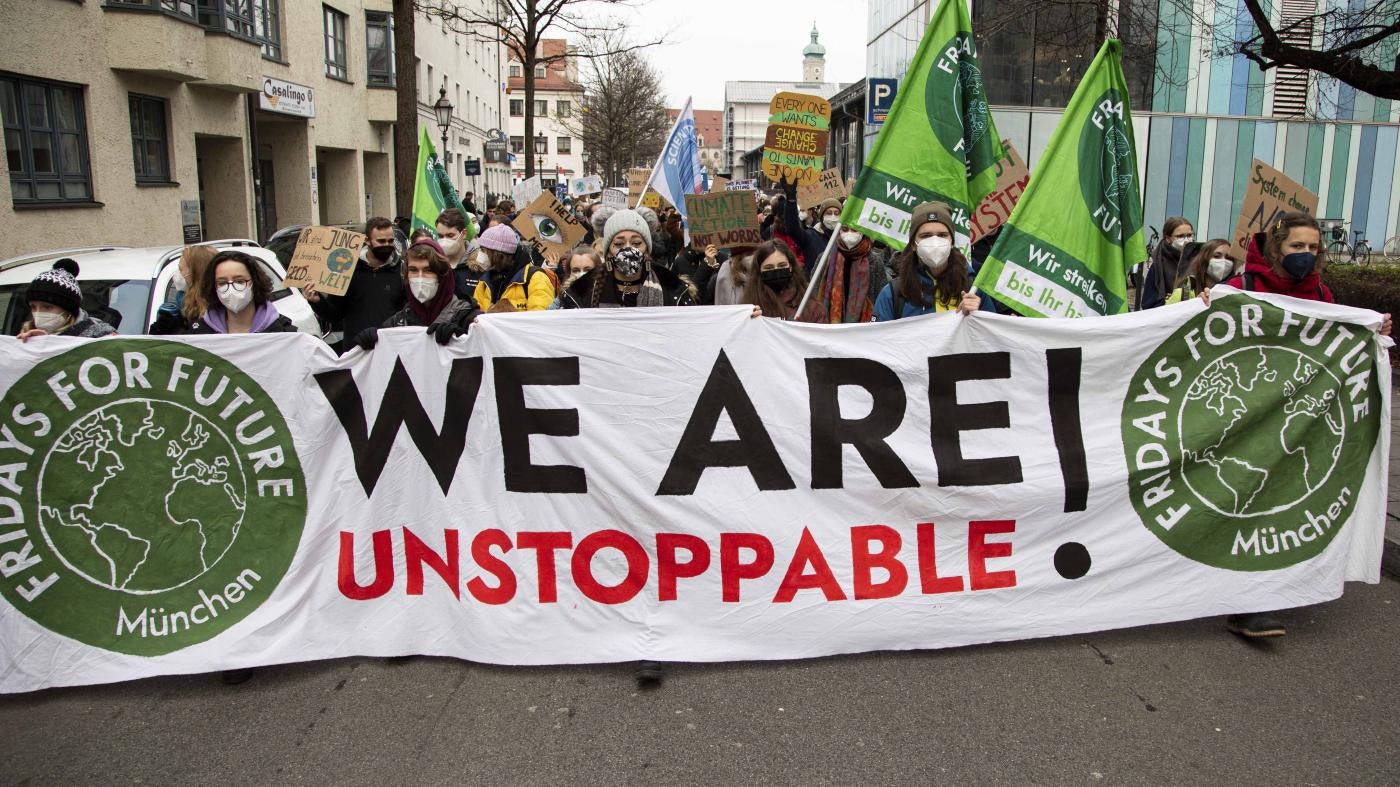- Taking on climate change
This year, the UN Human Rights Council adopted two landmark resolutions on the environment. Additionally, in response to a lawsuit by nine youth climate activists, Germany’s supreme court ordered the government to set clear targets to reduce emissions of greenhouse gasses after 2030.
- Touching hearts through art in Congo
How the slam poet and activist Kamuntu works for peace and social change in the Democratic Republic of Congo.
- Taking on systemic racism in US and beyond
The United Nations Human Rights Council recently adopted a milestone UN resolution to create an independent mechanism, made up of three experts, to investigate the root causes of systemic racism and police violence. And in the United States a proposed bill named House Resolution 40 (H.R. 40), which would establish a federal commission to study the legacy of slavery in the US and develop proposals to repair the damage, has made it out of committee and can be considered before the full House of Representatives.
- Acceptance of gender diversity
New York City hospitals have banned unnecessary intersex surgeries, while Australia is moving closer to ending the practice. Argentina now recognizes non-binary identities. Additionally, a European court upheld a Russian transgender women’s right to family.
- Signs of hope in the fight against child marriage
Dominican Republic and the US states of New York and Rhode Island passed laws prohibiting child marriage. The United Kingdom pledged to ban the practice, and countries in Francophone Africa also made commitments to end child marriage.
- Brave Indonesian women discuss freedom to choose what to wear
Seven courageous Indonesia women – a teacher, a lawyer, an ombudswoman, two psychologists, and two activists – came together to support a new government decree that allows schoolgirls and teachers to choose whether to wear a jilbab (the common term in Muslim-majority Indonesia for a head, neck, and chest covering) in state schools.
- 10 years of global domestic workers rights
10 years ago, a landmark treaty was adopted to protect the tens of millions of women and girls who work around the world as nannies, housekeepers and caregivers. Here’s the story of how it happened and what it means.
- Sale of seized mansion funds Covid-19 vaccines
How a decade-long scandal involving the eldest son of Equatorial Guinea’s president may actually have a happy ending for the people of the country whose resources have been looted.
- UK national food strategy has game-changing potential
A new National Food Strategy recommends that the UK use food policy to help tackle socioeconomic inequality. Moving in this direction could help UK authorities make progress towards securing the right to food for everyone.
- Britney Spears is a free woman.
The #FreeBritney movement came to a successful conclusion. Now it’s time for guardianship systems around the world to be dismantled.
- Protecting children in schools
In 2021, six more countries – Mexico, Algeria, Maldives, Timor-Leste, Togo, and Namibia – endorsed the Safe Schools Declaration, ending the military use of schools. This brings the total number of countries signed on to 113.
Jo Becker and Andrea Zita contributed to this piece



